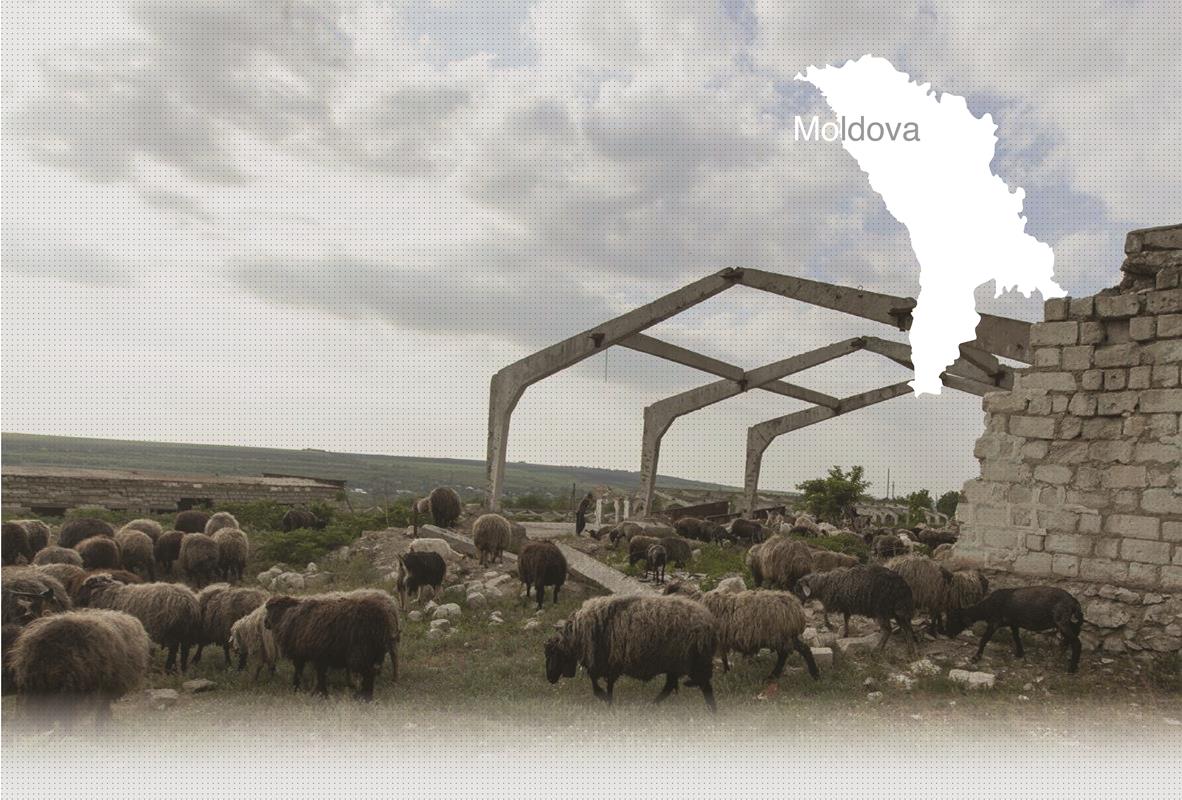

1 Killing site(s)
Gregore D., born in 1922: ”Before the war, there were two Jewish families in Selişte. They were farmers, good people. They had several children, boys and girls. I also remember a Jewish shop owner, Mr. Iancu. But most often we would go for our groceries in Leova because there were many more shops there. Our favorite was the one owned by a Jewish man called Jusuf Buric. When we didn’t have any money, he allowed us to buy on credit and pay him later. All the Jews from Selişte and Leova were killed by Romanian soldiers (…).” (Eyewitness N°163Mo, interviewed in Selişte, on November 14, 2014)
« In the first half of July 1941, after the occupation of Cazangic by the German-Romanian occupiers, all the Jewish inhabitants of the village (106 people) were arrested to be brought to the city of Leova. The arrest was carried out by three Romanian gendarmes. They chose the eight most beautiful Jewish girls, locked them in a house and raped them for two days. Then all the Jews were brought to Leova and then further on, their fate remains unknown. On leaving, the gendarmes shot a few elderly people who could not walk, in a field near the village of Cazangic. »
« The Romanian gendarmes selected eight young Jewish girls and brought them to the hamlet of Selişte located 500 meters from the village of Cazangic. The young girls were locked up in the priest’s house for two days and raped by three Romanian soldiers and officers. They were then shot. » [Acts drawn up by Soviet Extraordinary Commission (ChGK); RG-22.002M:GARF:7021-96-89]
Selişte is a hamlet in Leova District located about 95km southwest of the national capital, Chișinău. Before the war, there were mostly Moldovan and Gagauz people living in Selişte, some Roma and two Jewish families who were farmers. The closest larger Jewish population was in Leova, the capital of the district, located 18km from Selişte. One third of the population of Leova was Jewish (2,326 people). The Jewish community in Leova had a synagogue, a cemetery and ran a Jewish school. According to Gregore D., YIU witness interviewed in November 2014, the Jewish families from Selişte went to school and to synagogue in Leova. There was only one store In Selişte and that was owned by a Jewish man called Mr. Iancu. Non-Jewish villagers from Selişte and nearby villages used to go to Leova to do their groceries because the Jewish traders in Leova offered more goods.
In July 1941, Romanian army units arrived in Leova. Arrest instructions were given by Lt. Col Petr Georgievich Muntean of the 4th Romanian Border Guards Detachment. Romanian soldiers arrested 1,558 Jewish inhabitants of Leova and forced marched them in the direction of Chișinău. On the way, near the village of Sărăteni fifty-five elderly and exhausted Jews were shot by the Romanian guards. According to local witness, Gregore, born in 1922, before the Romanian soldiers arrived, some of the Jews from Leova managed to flee and hide in the village of Selişte. When the soldiers arrived in Selişte, they started searching the houses to find all the fugitives. About twenty women, twelve children, two men and one elderly person were gathered in the courtyard of the local priest’s house. Gregore corroborated the information mentioned in the Soviet archives regarding the rape of eight Jewish women, which happened in a nearby barn before the shooting. A few hours later thirty-five Jews, the majority of whom were from Leova, were shot in the nearby ravine by three Romanian soldiers firing submachine guns. Among the victims were four Jews from Selişte, including Mr. Iancu. Today the victims remain in the ravine and there is no memorial at the murder site.
For more information about the killings of the Leova Jews please refer to the profile of Sărăteni
Do you have additional information regarding a village that you would like to share with Yahad ?
Please contact us at contact@yahadinunum.org
or by calling Yahad – In Unum at +33 (0) 1 53 20 13 17